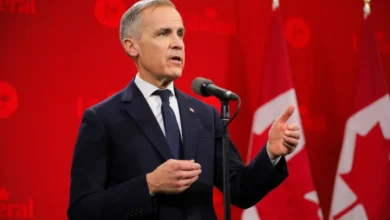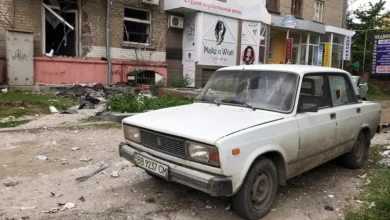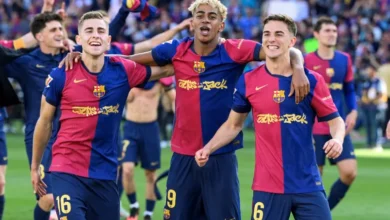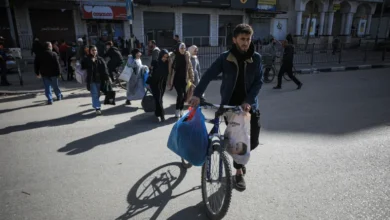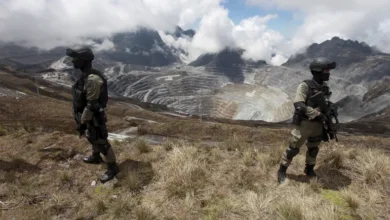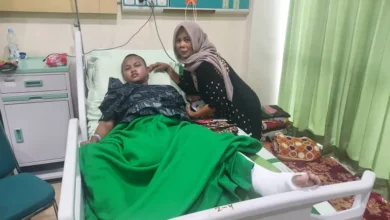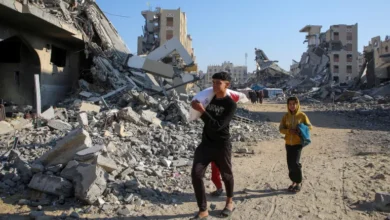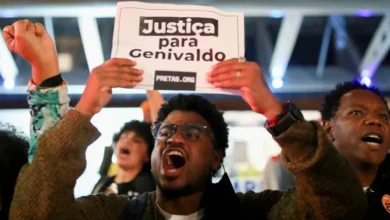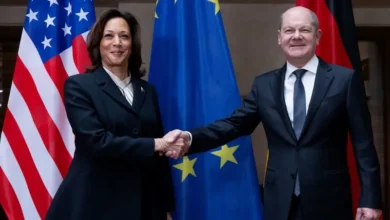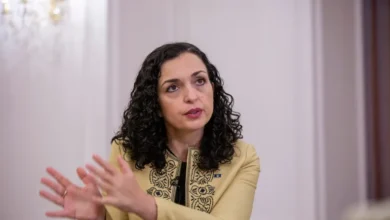Germany’s Scholz speaks to Russia’s Putin for first time in two years
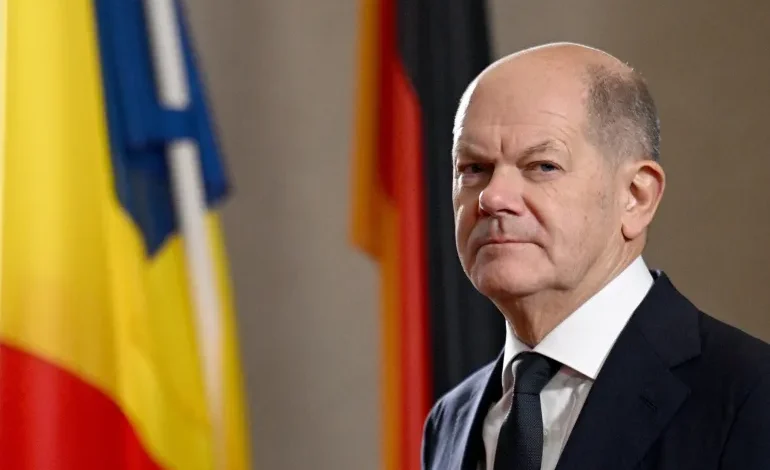
The leaders of Russia and Germany have had their first conversation in almost two years as Western countries prepare for the incoming Trump administration that has signalled its intent to end the war in Ukraine.
German Chancellor Olaf Scholz initiated a phone call with Russian President Vladimir Putin on Friday, which reportedly lasted about an hour and revolved around different aspects of the Ukraine war.
Scholz, who is facing a snap election in February after his government coalition collapsed, urged Putin to negotiate with Ukraine with the aim of achieving a “just and lasting peace” ” government spokesperson Steffen Hebestreit said in a statement.
He also expressed German support for Ukraine “for as long as necessary”, condemned Russian attacks on Ukrainian infrastructure, and warned that the deployment of thousands of North Korean soldiers on Russian soil to fight off the Ukrainian assault on Kursk would mark an escalation.
Putin said the current crisis is a direct result of NATO’s aggressive policies in what was described by the Kremlin as “a detailed and frank exchange of opinions”.
“Possible agreements must take into account the interests of the Russian Federation in the area of security, proceed from new territorial realities, and most importantly, eliminate the root causes of the conflict,” the Russian leader said.
The call comes at a difficult time for Ukraine’s military, with Russian forces advancing in several areas in eastern Ukraine. The re-election of Donald Trump as US president also raises questions over the future of US aid to Kyiv.
Ukrainian President Volodymyr Zelenskiy said the call opened “Pandora’s box” by undermining efforts to isolate the Russian leader. “Now there may be other conversations, other calls. Just a lot of words. And this is exactly what Putin has long wanted: it is extremely important for him to weaken his isolation,” Zelenskyy said in his evening address.
Scholz spoke with Zelenskyy before and after the call with Putin.
Reporting from Berlin, Al Jazeera’s Dominic Kane said the call was largely being seen in relation to Trump’s re-election and the upcoming election in Germany.
“The suggestion coming from various media outlets is that this is to be viewed through the prism of what’s happening in Washington, DC and the approach from the looming Donald Trump administration,” he said.
